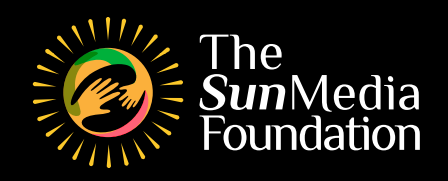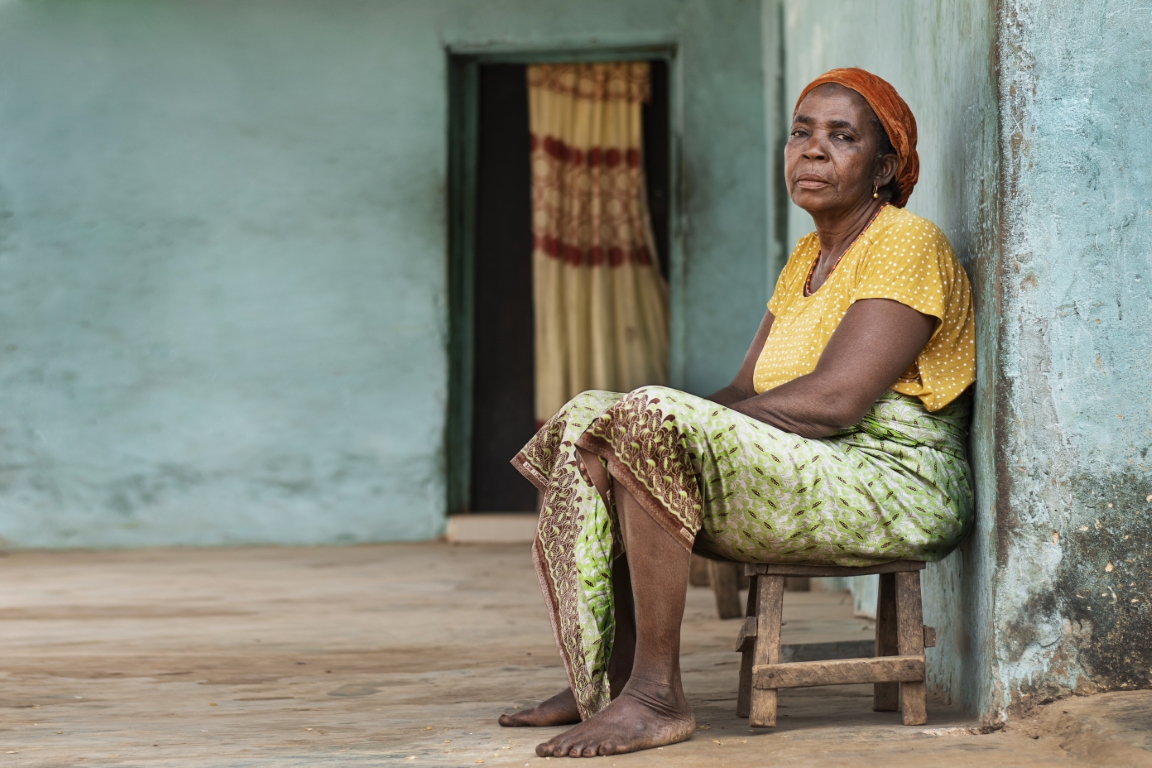Nigeria, as Africa’s most populous nation and largest economy, is currently experiencing a severe situation wherein increasing poverty rates and escalating insecurity have intermingled, posing a serious threat to the stability and advancement of the nation. The security problem has been triggered by Nigeria’s ongoing and worsening poverty, which is feeding a vicious cycle of instability and unrest.
As a significant section of the population struggles to satisfy their basic necessities and lives below the poverty line, this complicated dilemma has economic, social, and political implications.
Despite the promises made by President Tinubu’s new administration to revive his economy, the recent swift economic reforms have plunged millions of Nigerians into further unimaginable financial hardship. The removal of fuel subsidies, along with increases in energy rates and various taxes, has had a significant adverse impact on the informal economy, which employs the majority of the population and forms the backbone of Nigeria’s economic ecosystem.
The most affected sectors of the informal economy include local transportation networks, retail trade in physical consumer markets, and the production of staple foods such as bread. Consequently, despite the noble intentions behind Tinubu’s economic policies, poverty levels are increasing. Nigeria’s profound levels of poverty and inequality are the root causes of many security concerns in the country’s current democratic age. Hence, it is crucial to examine how Tinubu’s economic changes aggravate poverty and create a ripple effect on security in Nigeria.
Worsening Poverty Fuels Insecurity
One of the primary drivers of poverty is the lack of jobs, also, inadequate education, insufficient infrastructure, and a lack of social justice. These factors contribute to sectarian bloodshed, crime, and terrorism, which are on the rise in the nation. Poverty and unemployment are closely linked and are considered key factors that underpin numerous conflicts. The substantial population of poor individuals in Nigeria, easily accessible and prone to committing crimes out of frustration, contributes to the cycle of violence. Therefore, any comprehensive economic strategy must consider poverty alleviation measures, such as eliminating oil subsidies and directly link it to fighting poverty. That is why the recent N8000 ($10), cash disbursement by Tinubu may be commendable, yet insufficient to tackle the level of poverty and economic hardship people are experiencing.
According to the frustration-aggression theory, rising poverty levels tend to increase tension among the most impacted individuals, leading to frustration and aggression. In the Nigerian context, this frustration and aggression manifest as a rise in criminal activities driven by unemployment and the inability to meet basic needs. Data from the Nextier violent conflict database reveals a growing insecurity, with 96 violent conflict episodes recorded between April 29 and May 28, and 111 incidents between May 30 and June 29. These statistics indicate an alarming trend of increased insecurity, exemplified by recent attacks in Plateau State.
Food Insecurity
Food insecurity is another pressing concern. The Food and Agriculture Organization (FAO) reports that approximately 14.4 million Nigerians are currently experiencing a food crisis. The Federal Capital Territory (FCT) of Abuja, along with 21 other states, is home to 385,000 internally displaced people (IDPs) due to food shortages. The economic reforms, by exacerbating poverty, have made it increasingly challenging for people to access basic necessities, primarily due to the high cost of transporting food products. Rural farmers, who rely heavily on subsistence farming, are particularly affected. The difficulty in transporting and distributing agricultural goods in rural areas leads to higher extreme poverty rates, further fueling discontent and the resort to crime and violence.
Differentiating Politics from Socio- economic Realities
When evaluating economic reforms, it is crucial to differentiate between political maneuvers and their long-term socio-economic impact. The removal of fuel subsidies has shed light on the alleged corruption within Nigeria’s political system. Subsidies have historically been associated with fraud, mismanagement, and fund misappropriation. While phasing out subsidies aims to curb corruption, the abrupt withdrawal can incite unrest among the lower classes of the population.
Escaping the cycle of poverty and violence requires a concerted effort. According to the World Bank report “Breaking the Conflict Trap,” poverty is both a cause and a consequence of violence. Nigeria’s ability to raise the living standards of its people and significantly reduce poverty rates will determine its capacity to break free from the conflict trap. Development is pivotal in providing opportunities, resources, and security, ultimately reducing the likelihood of violent conflict.
Policy recommendation
To address the worsening poverty crisis, the Nigerian government should focus on how fiscal and monetary policies impact employment, prices, and productivity. A substantial cash transfer program is essential to provide immediate relief to the most affected households. It must be ensured that the disbursement is done in a transparent and trackable manner. Furthermore, modeling the potential impact of unified exchange rates on the economy will guide the government in determining the required foreign exchange reserves to support monetary policies effectively. Addressing the issue of lack of continuity in government actions is crucial to ensure the success of interventions. Finally, an all-hands-on-deck strategy is needed to maximize the benefits of subsidy elimination in fast-paced industries.
By adopting comprehensive measures to alleviate poverty, Nigeria can significantly reduce its insecurity challenges. However, it requires a holistic approach, encompassing economic reforms, social interventions, and targeted policies to break the cycle of poverty and violence that currently plagues the nation.
OUR RECOMMENDATIONS
In the midst of Nigeria’s struggles, the people of this nation face daily hardships and heartbreaks that paint a vivid picture of how poverty tightly grips their lives. It is not just about numbers or policies; poverty represents the very essence of their existence—a life marred by destitution and hopelessness.
While there is a lot of focus on economic reforms, we must not forget the individual stories that lie hidden beneath the cold statistics. The removal of fuel subsidies, meant to combat corruption, has pushed many Nigerians to the brink of financial collapse. Families who once held hope in their hearts now feel deceived and demoralized. Shockingly, the World Bank estimates that four million people have fallen into poverty in the first half of 2023 alone.
To carve a path towards a brighter future, we must prioritize the well-being of our people. Poverty reduction policies need to be marked by transparency, empathy, and a genuine desire to uplift the most vulnerable. Immediate assistance through cash transfer programs can provide a lifeline to those who have been hit hardest by economic reforms, ensuring that no one is left behind, much more that cash transfer, there must be investments in infrastructure that can ease the lives of the people.
Despite the ups and downs of politics, we must continue our unwavering fight against poverty. By harnessing the benefits of subsidy elimination and building a solid foundation for development, we can then accelerate our journey towards a nation that is secure and prosperous.

